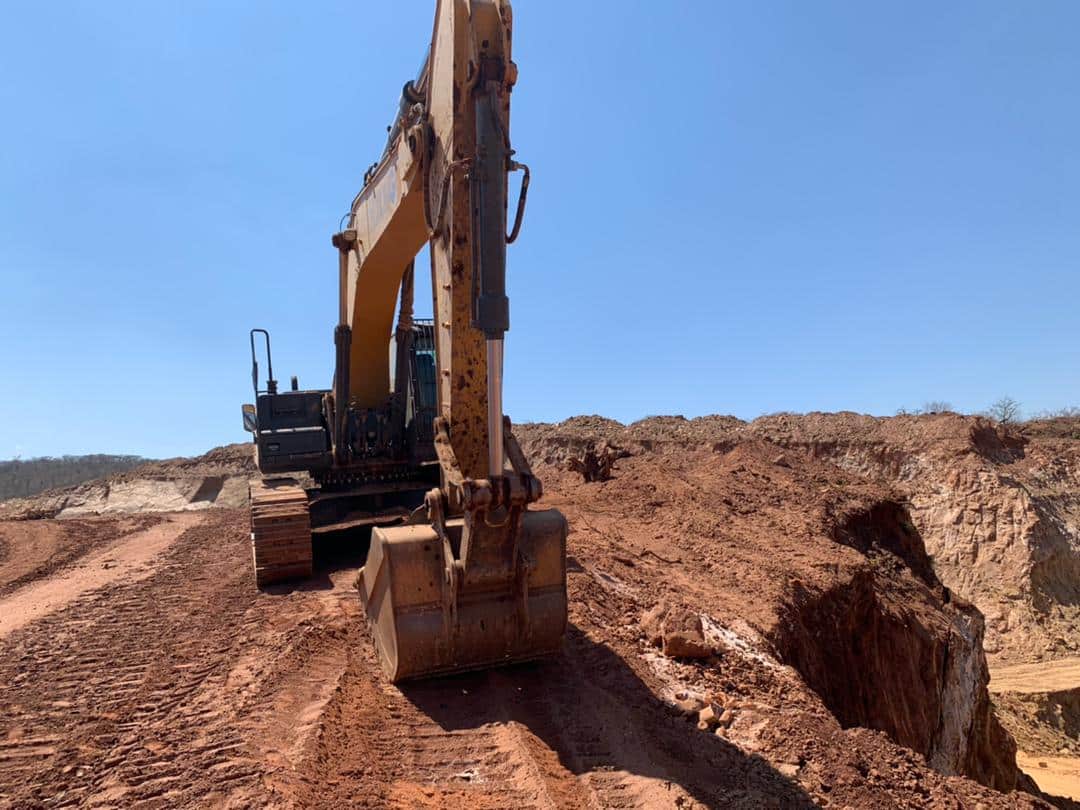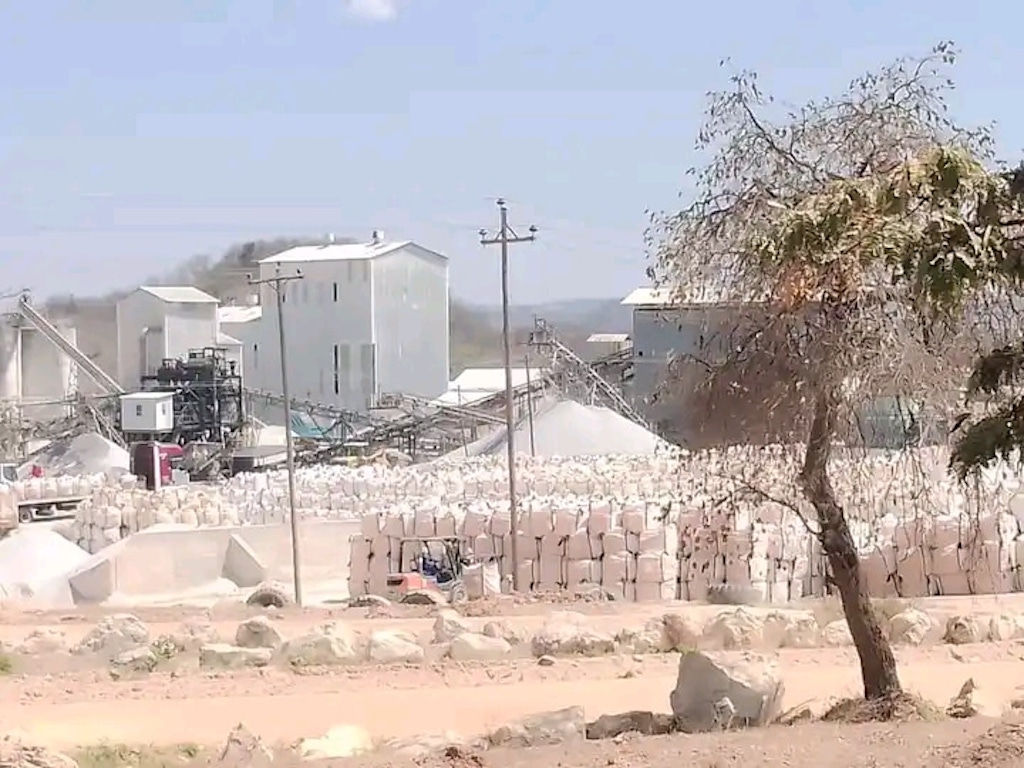Luen Phiri
Government’s much vaunted ban on alluvial mining will not succeed due to conflict of interest in government circles where top ruling Zanu PF party officials are involved in the practice, critics have observed.
At a post-cabinet briefing on August 20, 2024, the Minister of Information, Publicity and Broadcasting Services Dr. Jenfan Muswere announced an immediate ban on alluvial mining.
However, Civil Society Organisations (CSOs) are not convinced the government will enforce the ban fully as announced during the cabinet briefing.
A consortium of Manicalanda-based CSOs led by the Centre for Research and Development (CRD), accused government and ruling party officials of being behind many alluvial mining syndicates.
There is rampant river bed gold mining in Manicaland, with such companies as Zimbabwe Goldfields, controlled by Belarussians, and Young Tech Engineering, controlled by the Chinese, wreaking havoc in Mutasa district.
“We are concerned with what seem to be the manipulation of statutory instruments on control of alluvial mining regulations by powerful elites to allow these mining syndicates to prevail and plunder mineral resources for personal benefits,” the CSOs stated in a statement.
Centre for Natural Resource Governance (CNRG) director Farai Maguwu, said he was not optimistic because the ban was just made verbally without any legal basis.
“I was completely surprised and confused because as far as I know, government banned riverbed mining on October 08, 2020. A cabinet decision on its own is not enough; we need something that’s legally binding.
“It sounds like government has completely forgotten that they had already made a decision to ban riverbed mining four years ago but did absolutely nothing to ensure the laws were amended to reflect that cabinet decision,” said Maguwu, referencing Statutory Instrument 257 of 2020 supposedly banned mining in national parks and along river banks.
Zimbabwe Diamond and Allied Workers Union (ZDAMWU) chairperson Cosmas Sunguro expressed cautious optimism on the ban which he feared was bound to fail without enough political will to enforce it.
“We welcome this move but it is not enough as it doesn’t give explanation on how authorities will effectively implement the new measures. We are worried that this could just be another case of empty talk,” said Sunguro.
He called for immediate intervention against Chinese gold miners that have diverted the course of Mutare River to facilitate alluvial gold mining, thus polluting Odzi River and Save River in the process.
In their own statement, the Network for Environmental and Climate Justice (NECJ) called for effective implementation of the new instrument, highlighting that riverbed mining promoted negative social and economic impacts while increasing soil erosion, collapse of river banks, and biodiversity loss.
“NECJ welcomes the latest decision by Cabinet to ban riverbed mining and we call upon authorities to ensure effective implementation of the law. The involvement of local communities in this respect cannot be overemphasized.
“Promoting sustainable mining practices through regulation is critical in ensuring environmental sustainability and protecting local communities against some of the adverse effects associated with mining. In this respect, coordinated efforts between local communities and duty bearers are essential to address the adverse effects of riverbed mining,” reads part of the statement.








